Din handlekurv er nå tom!
Seminar evaluation 2018
In August 2018 five volunteers of Kria dalan travelled to Timor-Leste to implement the seminar described in this report.
Executive summary
Kria dalan aims to promote sustainable development in Timor-Leste and this report tries to examine to what extent the seminar did contribute to this. 25 farmers and 14 students attended the four day program organized in cooperation with 9 volunteers who are active at the Peace Center of the National University of Timor-Leste. The local volunteers participated in a three day training building dialogue and facilitation skills. The total cost of the seminar was NOK 90 729,-.
Analyzing the feedback forms, the participants seemed to be very satisfied with the seminar, feeling safe and learning new skills. Many was inspired by a talk given by a young entrepreneur in the coffee sector. Following the seminar, Kria dalan recruited three volunteers in Timor-Leste which has the opportunity to implement new projects and start planning next seminar.
The seminar
Kria dalan organized a seminar on sustainable agriculture, for students and young farmers in Timor-Leste, lasting from 5. – 8. August with three prior days of facilitation training for volunteers in Timor-Leste.
Program
Kria dalan focused on having a flexible program managed by the Timorese volunteers, so that we easily could adapt to changes, and at the same time each day had a theme to build the program around. The flexible structure of the day worked around common meals prepared by a local women’s cooperative for breakfast, lunch and dinner. The seminar day included time for reflection for the participants, and reflection for the volunteers after the program. In addition to this there were daily morning meetings with the volunteers to go through the logistics and the schedule. During sessions participants worked in the same groups consisting of 10-13 members with different backgrounds, with 2-3 facilitators belonging to each group.
Day 1
The first day of the seminar was focused on team building in order to create a safe environment. This was especially important to improve the quality dialogue sessions in the following days and was done through ice-breakers, games and group formation with an identity exercise. The program of this day had to be adjusted due to the late arrival of the participants travelling the furthest, from Ermera. However, this was handled by the volunteers and changes were made by the coordinators of the day who decided the time management and which exercises to prioritise to still meet the objective of the day.
Day 2
The second day of the seminar was focused on giving the participants an introduction to dialogue, thus an understanding of the concept. This was done in group sessions where they worked on exercises such as the 12 essentials of dialogue, and a distinction between dialogue and debate. A representative of the Association of Coffee Timor-Leste, together with two young entrepreneurs, held a presentation on the opportunities of coffee production in the country and had a following session with questions from the participants.
Day 3
The third day of the seminar had the theme of the Sustainable Development Goals and its relevance in Timor-Leste. The day began with a session held by Adelina Carly Tilman Lourdes from the United Nations who gave a general introduction to the SDGs and the work of UN agencies in Timor-Leste, including a session by a youth volunteer from the Knua Juventude entrepreneur centre managed by the UN. This session was also followed by a questions session. The group sessions included learning about active and passive listening, and communication through the wonder fruit exercise with a following reflection session.
Day 4
The fourth and final day of the seminar had a focus on the second SDG, namely zero hunger through sustainable agriculture. This was explored in a participatory manner with a trek in the surrounding area of Namalay, as the participants and facilitators visited sub-villages dependent on subsistence farming. The participants were able to apply what they had learned the previous days and both talk with local farmers about it, as well as to have a knowledge exchange. The seminar was ended with a final session where all seminar participants were awarded diplomas recognizing their dialogue training and participation.
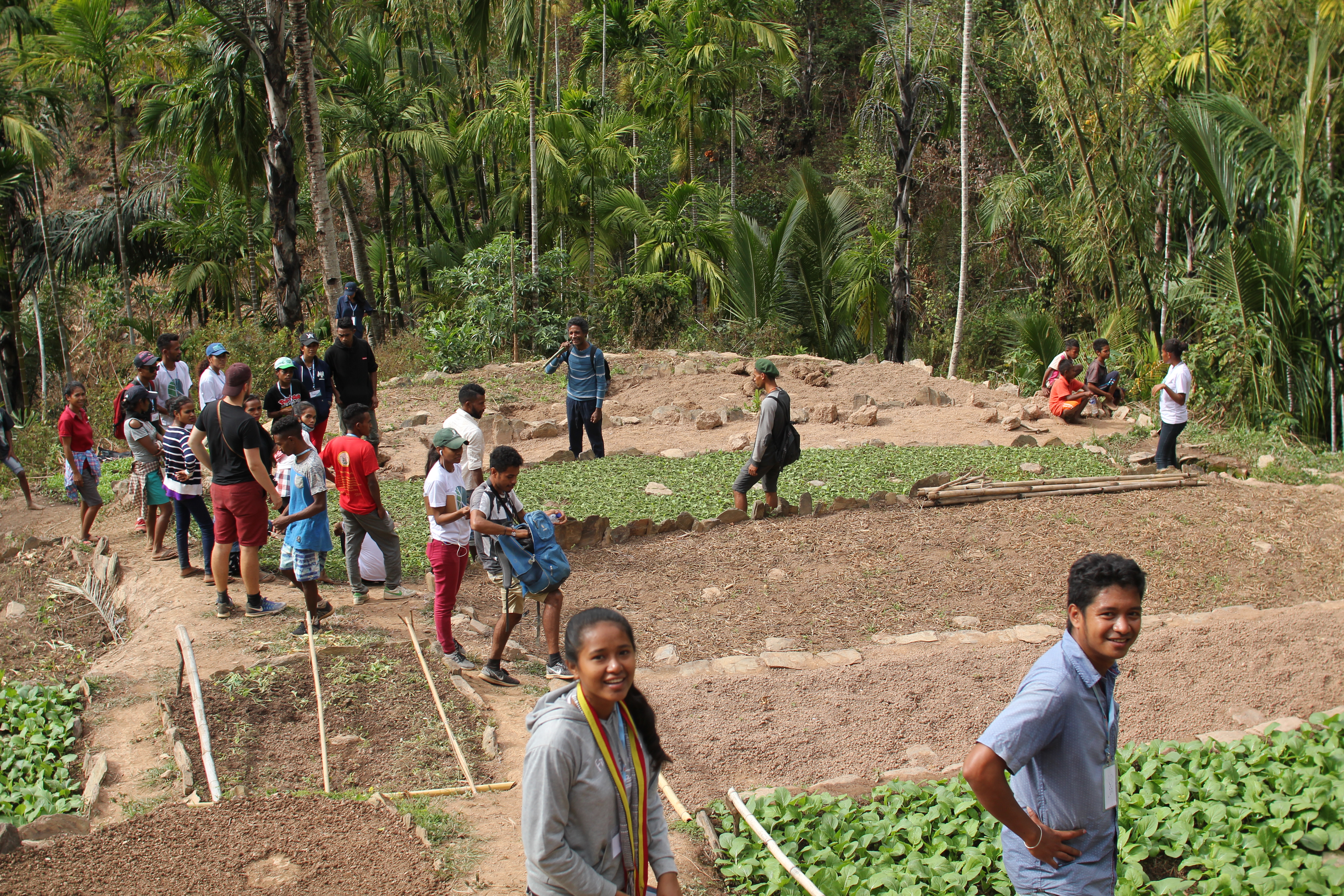
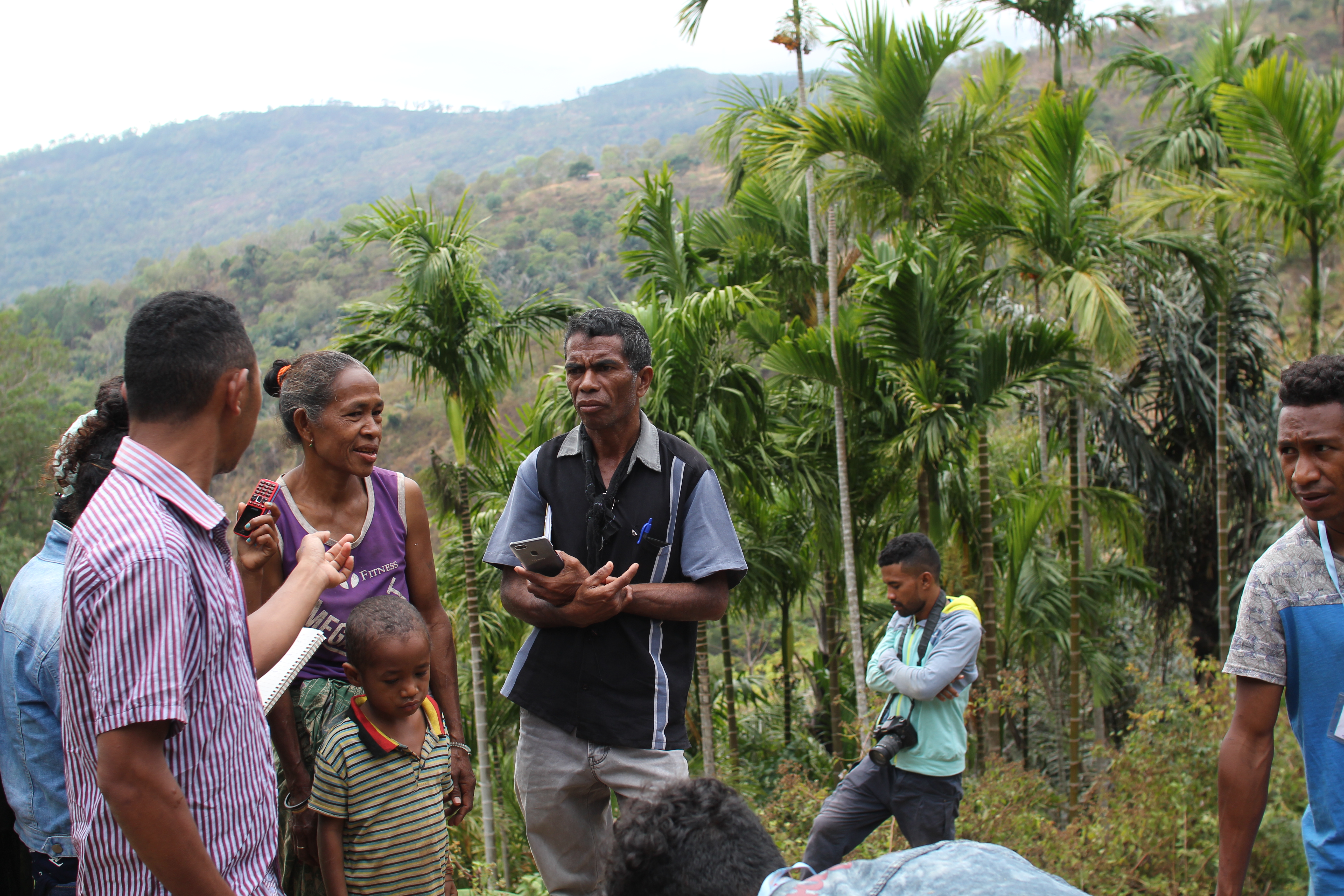
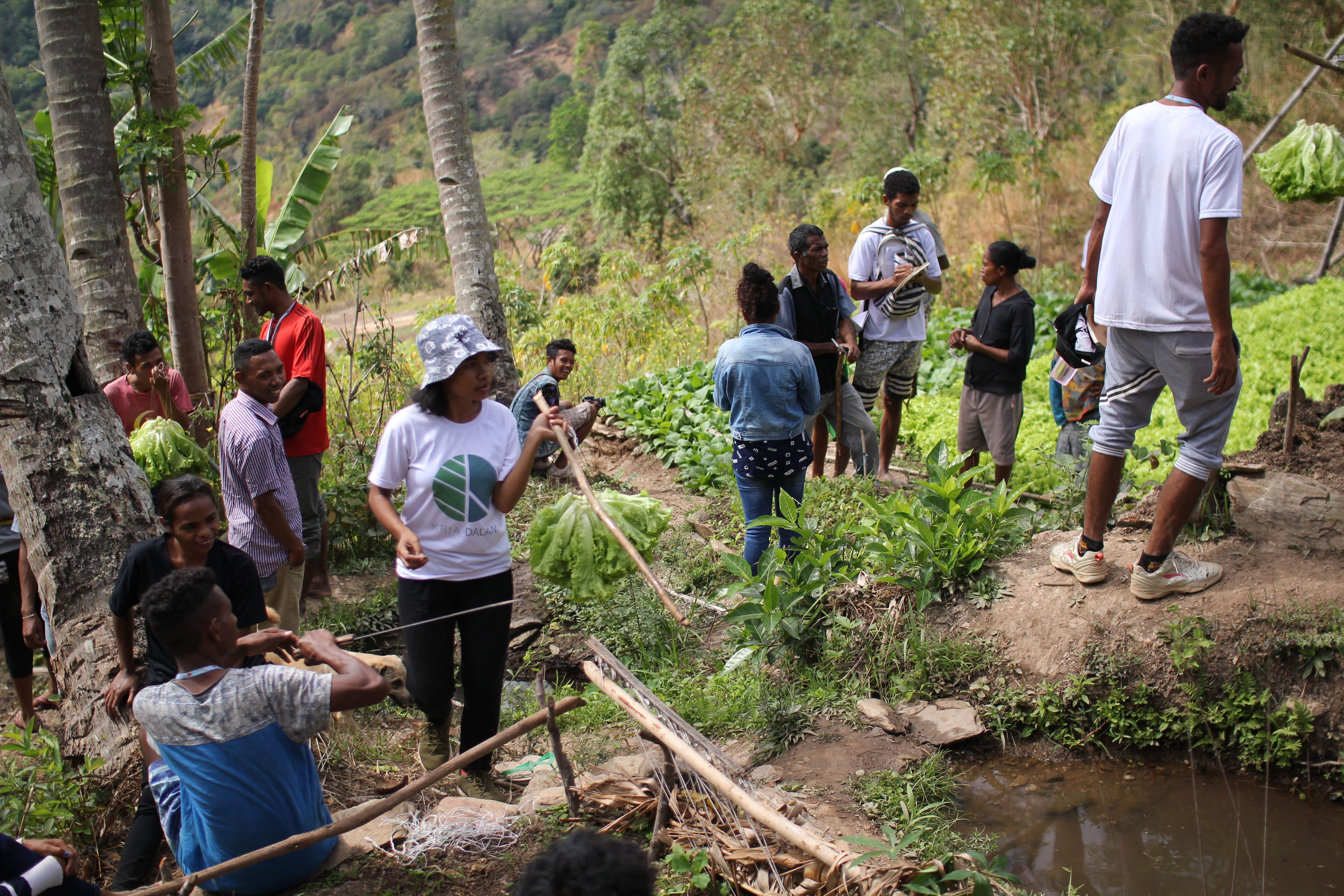
Participants
The participants at the seminar were recruited by sending out invitations to relevant groups in the contact network of our collaborators at Universidade Nacional Timor Lorosa’e (UNTL). The goal was to recruit approximately equal amounts of young farmers and students, and to have a gender balance. There were in total 25 farmers and 14 students registered for attendance, as well as nine volunteers. All but the agriculture union of Ermera (UNAER) were represented by both genders. Overall there were slightly more male participants, whereas two thirds of the volunteers were female.
The farmers were represented by 16 participants from the farming institute Instituto Economia Fulidaidai Sluli (IEFS), three from the agriculture union of Ermerea, Uniaun Agrikultor de Ermera(UNAER) and six locals from the village of Namalay where the seminar was held. Four students from different types of agronomy related courses at UNTL, as well as ten students that had attended practice periods in Namalay through the group Grupu Habelar Ambiente Matak No Ekonomia Lokal(GHAMEL) represented the student mass of the participants. To organise the seminar, nine students and recently graduated candidates were recruited through the volunteer network of the Peace Center at UNTL.
Training
The training was based on methodology of the Norwegian Nansen Center for Peace and Dialogue. Kria dalan aimed to recruit a few volunteers, who mastered english well, in order to ensure that the quality was good, and to give feedback to each volunteer during the training. Interactive learning was the core of the training enabling volunteers to learn from the instructors, but also from each other.
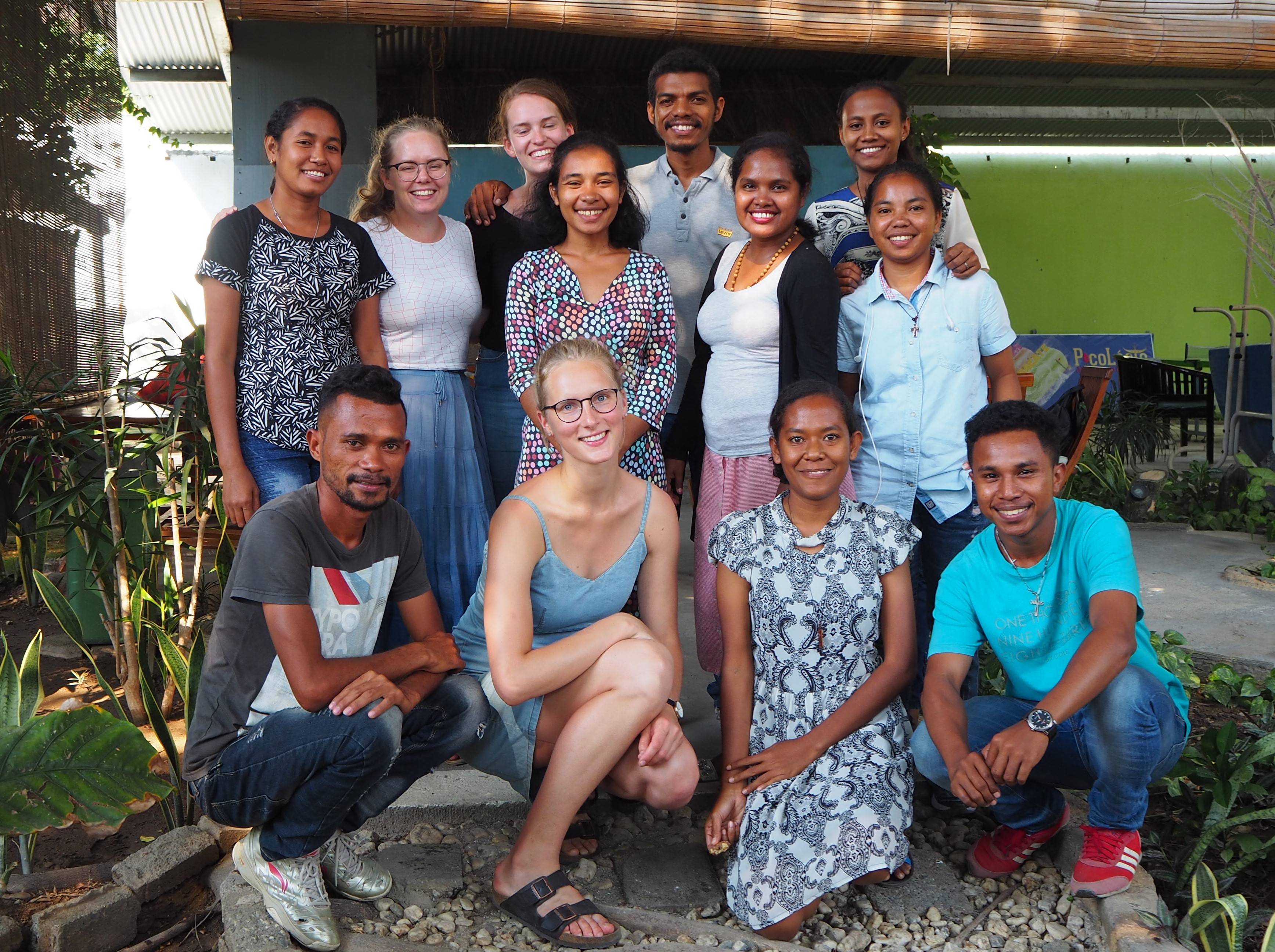
Day 1
The aim of day one was to create a common, and better, understanding of dialogue. This was done through challenging their own belief of what dialogue is, and introducing them to concepts that make them a better facilitator. The training focused on listening, asking good questions and nonverbal communication.
Day 2
Volunteers worked on analyzing conflicts and practical training through making scenarios and playing it out in front of the other groups. One played the facilitator, while the rest of the participants and the other groups provided feedback. During this day it was clear that the volunteers learned from each other.
Day 3
The goal of the training and planning in advance was to make the Timor-Leste volunteers to be as involved as possible. The Norwegian Kria dalan team had only made a rough seminar schedule. The volunteers got divided up into groups, and each group was then responsible for one seminar day each given one topic and a set amount of time. Doing this, the volunteers felt greater responsibility and are better equipped to organize a new seminar the following year.
Follow-up
Finishing the seminar, Kria dalan focused on two different things: 1) evaluating the seminar and 2) establishing a permanent group of volunteers in Timor-Leste. The evaluation was done through a feedback form handed out to participants at the end of the seminar, on a meeting with the seminar facilitators, and through reflections written by the facilitators the weeks following the seminar. The results are presented in the next section.
The newly recruited Kria dalan group in Timor-Leste consists of three volunteers whose main goal is to plan and implement the next seminar, thus reducing the travel cost. During the seminar, multiple participants got inspiration from a talk given by two coffee entrepreneurs. The group of volunteers located in Timor-Leste can connect with seminar participants and local organisations, building on this inspiration, to enable the initiation of community projects.
Furthermore, Kria dalan wishes to build on its goal related to knowledge exchange, and will strengthen the capacity of each of the three volunteers by providing funding for a study visit to Norway. Facilitation training and strengthening organizational skills, will be the main focus.
The Kria dalan team in Timor-Leste
Lia Soares Head of Administration
Eka Costa Head of Theme
Fabio Simões Head of Facilitation
Evaluation
In order to increase the impact of the work of Kria dalan, this section presents feedback from participants and volunteers in Timor-Leste and Norway.
Input from participants
Of the 35 participants, 25 filled out an evaluation form consisting of three parts: day to day, general and comments.
Day to day
In this part, participants rated the daily sessions, their own participation, cooperation in the group and the practical organisation of each of the four seminar days. The average feedback on the rating of each point on a scale from 1 to 6 was over 4 for all aspects of each day. However, there were some points worth discussing. Looking at the descriptive statistics where M signifies the mean value of all scores, and SD signifies the standard deviation from the mean, the first day received the lowest rating on all four aspects. To test whether this was statistically significantly lower, a one-way Analysis of Variance (ANOVA) was run. With a significance level of p<.005, the ANOVA showed that the mean day 1 rating (M=4.55, SD=0.25) was significantly lower than day 2 (F(12,12)=7.31, p=.001, M=5.15, SD=0.22), day 3 (F(12,11)=10.65, p=.000, M=5.16, SD=0.24) and day 4 (F(12,12)=5.65, p=.003, M=5.10, SD=0.26). This lower day 1 score might be caused by the delayed arrival of a big group of participants driving from a different district, and the coping with this by the volunteer team, which was to delay the whole startup of the seminar. The resulting loss of a big part of the first seminar day might have affected the ratings, and is also reflected in the comments section, where many participants point at the way time management was done. However, the volunteers report positive feedback on the session “Identity flower” that was held this day, which might explain why the grade is not even lower.
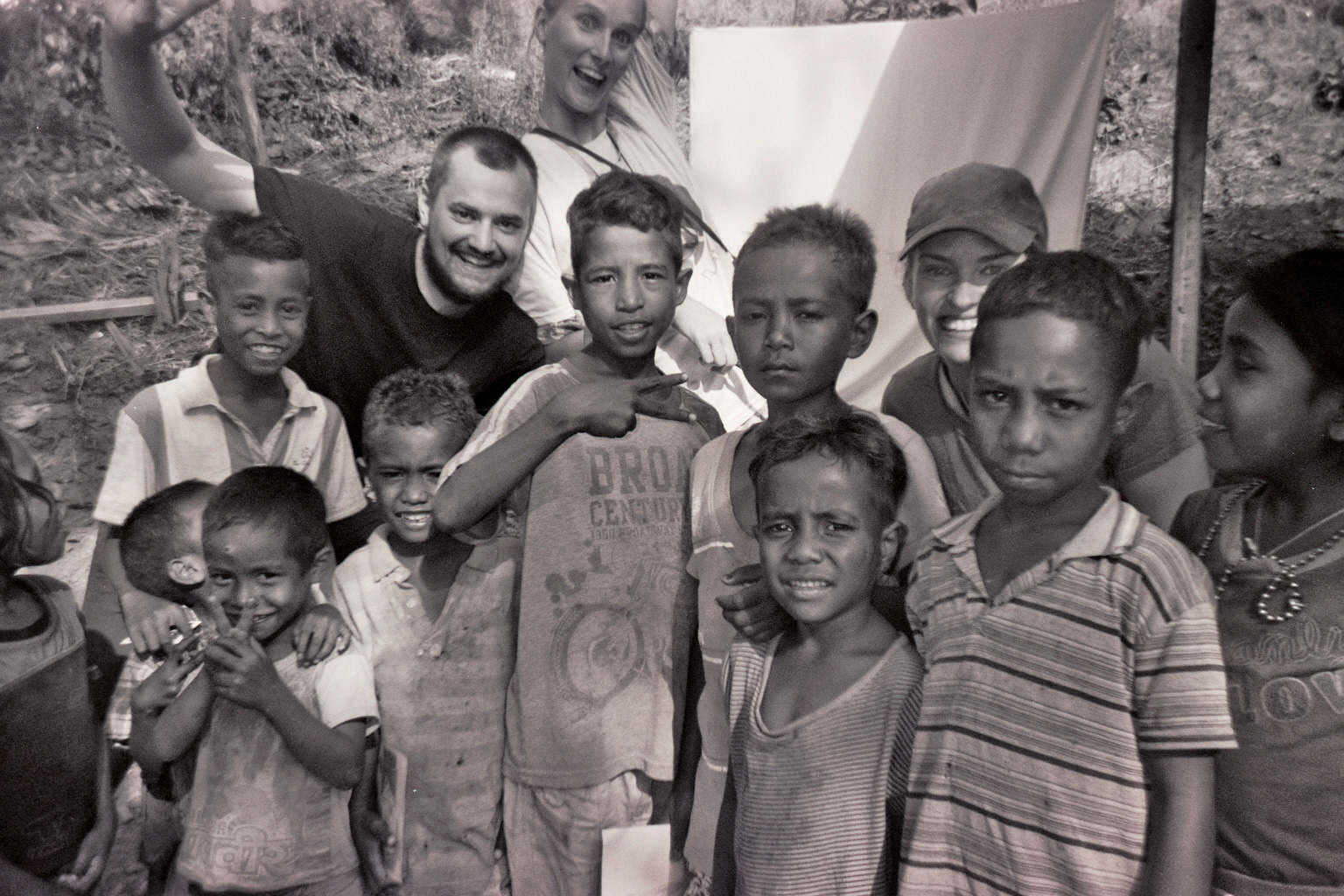
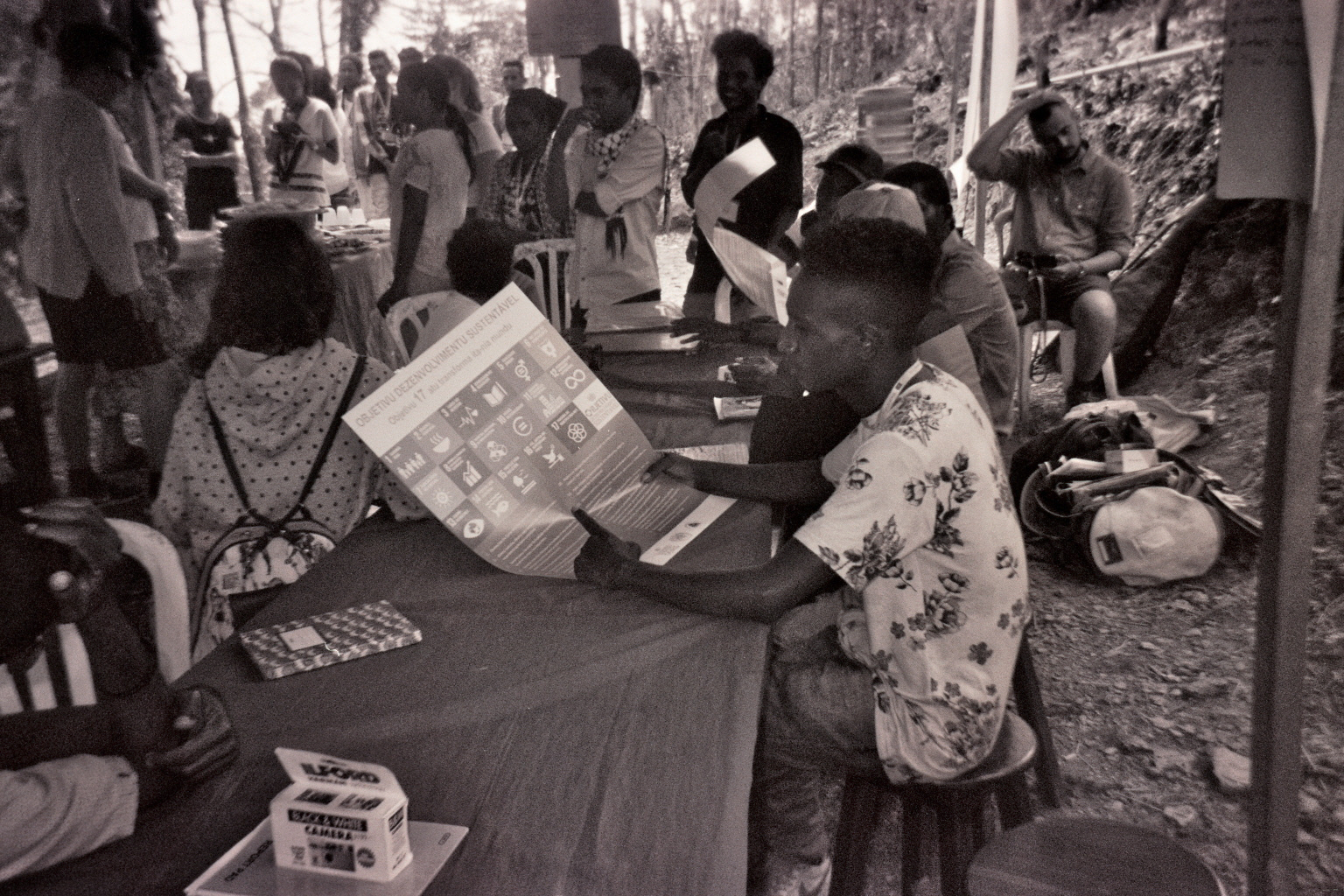
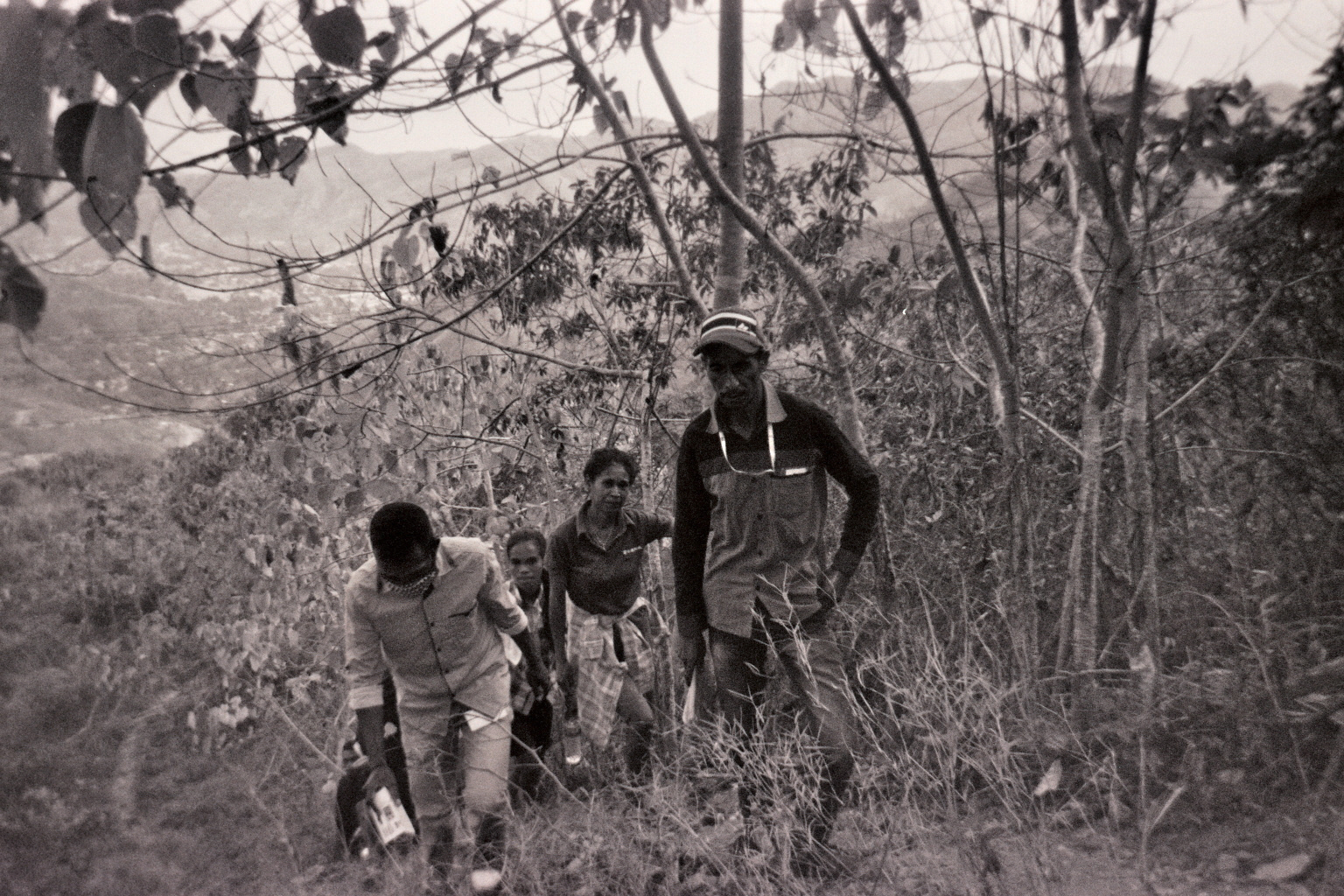
General
The section where participants were to assess their general experience of the seminar encompassed their feeling of safety, their ability to be open in sessions, the organisation of the seminar, and whether the seminar challenged them. This section was organised as statements that the participants rated on a five point scale from “Totally agree” (coded as 1) to “Totally disagree” (coded as 5). Most participants felt safe (M=1.86, SD=0.17) and challenged (M=1.95, SD=0.15). The openness (M=2.19, SD=0.23) and organisation (M=2.2, SD=0.20) statements also received moderately high ratings, but had bigger variance between participants, as seen in the bigger standard deviations.
Comments
Many of the comments regarded the same topics. The list below covers most of what the participants wrote in the last part of the evaluation form, as well as comments from the Norwegian team targeting this feedback.
- Overall people felt inspired and glad to learn something new.
- Time management should be done in a better way.
- Many participants found the entrepreneur talk inspiring, whereas the UN talk was reported by some to be good, by some to be too general and not related to the specific case of agriculture in Timor-Leste. This could be targeted by clearer communication with the guest speakers about our wishes for the session from an earlier point in time.
- People wished more time to finish their discussions, to have open forums that lasted longer. A point to discuss here is the overall length of the seminar, and the structure of sessions.
- Some people wanted to keep organising coming seminars in Namalay, some wished to have it a different place.
- Some commenters suggested that participants should read common references in advance of the seminar.
Input from local volunteers
The summary in this section is based on written feedback from four of the nine local volunteers.
Training
The intensive training on beforehand of the seminar seemed to go well with the practical application right after.
- “We got a lot of experiences and lessons provided by the Norwegian students, and we also got a chance to try how to facilitate and organize a team.”
- “I was happy to be a facilitator because I got enough training on how to be a good facilitator, and then being a facilitator in the four days seminar. During the seminar, I worked hard to implement what I learned during the facilitator training.”
- “During the five days in Namalay, I learned about how to be a more professional facilitator and how to organize group discussion with a challenging question.”
Interpretation of participants’ experience
From the volunteer’s viewpoint, most participants seemed happy with the seminar.
- “They were really thankful that this seminar made them know how to be a good person for society, and the speakers, lessons, games and all the activities inspired them to develop the personal skills in order to work for the development of Timor-Leste, especially in the agriculture sector.”
- “..identity flower. At first, the participants felt that it was hard to do it, but finally they were really excited with this game because they could know their own selves properly and the participants could get to know each other about private life. They thanked us for this amazing game.”
However, some observations of insecurity were recorded.
- “For the participants, they were very enthusiastic to give their opinions and experiences on how they understood the topic of discussion. Discussions were very awesome, however, as I observe so far, some of them – especially women – are still shy to give their ideas. “
The scientific program
The creation of a space for students and young people to discuss important matters such as the future for Timor-Leste’s agriculture seemed to be highly valued.
- “Sometimes discussion about sustainable agriculture happened just for NGOs and member of government (high level). Young people just discussed about sustainable agriculture when they were in class, and the discussion happened not so long, just a minute, when the lecturer explained about development. The activity in Namalay was really helpful, because it challenged myself and other young people to think about what they will do to contribute to develop Timor-Leste according to the SDGs.”
- “I am really happy with all participants during the seminar, because it was our first time to know each other, but they were really open in discussion about their life in agriculture.”
Knowledge of practical application seemed to be wanted, and maybe not fully covered by the program.
- “Mr. Afonso talked about the existence and process of ACT from the beginning until now. The participants were really happy because they could hear an explanation and had a discussion directly with an entrepreneur of coffee in East-Timor. “
- “I think we need to involved more farmers rather than students, and we need to get more speakers from practical people rather than political or decision makers. We need more practice rather than talk, as I observe so far many are bored with talking. As we can observe in the Mr. Afonso de Oliveira session, everyone felt happy to talk to him because it was very practical. We need talk less act more. “
- “The agriculture community visit from Namalay to Darlau was an amazing experience to me, because during four days we just did discussion, but the last day, we directly interviewed a farmer about how they make an income, and how it helps their daily life. (…) when we walked back, we visited the community. On my way I was thinking about the life of the farmer and wondered – how can the community contribute to sustainable agriculture in Timor-Leste?”
All the volunteers thank the Norwegian volunteers and sponsors for organising the seminar and communicate a strong wish for the seminar to continue to be organised in subsequent years. They show high commitment and will to continue cooperation.
Input from Norwegian volunteers
The feedback from the Norwegian volunteers of Kria dalan is summarized below:
- Start earlier with the process of acquiring funding. This year Kria dalan had not secured full funding before late june leading to great uncertainty in the planning process. Ordering flight tickets for volunteers at an early stage makes it easier to set seminar dates, recruit participants and invite speakers.
- Involve the volunteers in Timor-Leste in the budget planning. If all volunteers has insight in the budget, it is easier to manage spending during the seminar.
- Reduce the number of volunteers travelling from Norway to Timor-Leste. The climate impact and financial cost of travelling such a long distance should be kept to a minimum.
- Create evaluation forms that is better tailored to the objectives, and that is finished earlier so that it can be created together with and translated by local volunteers.
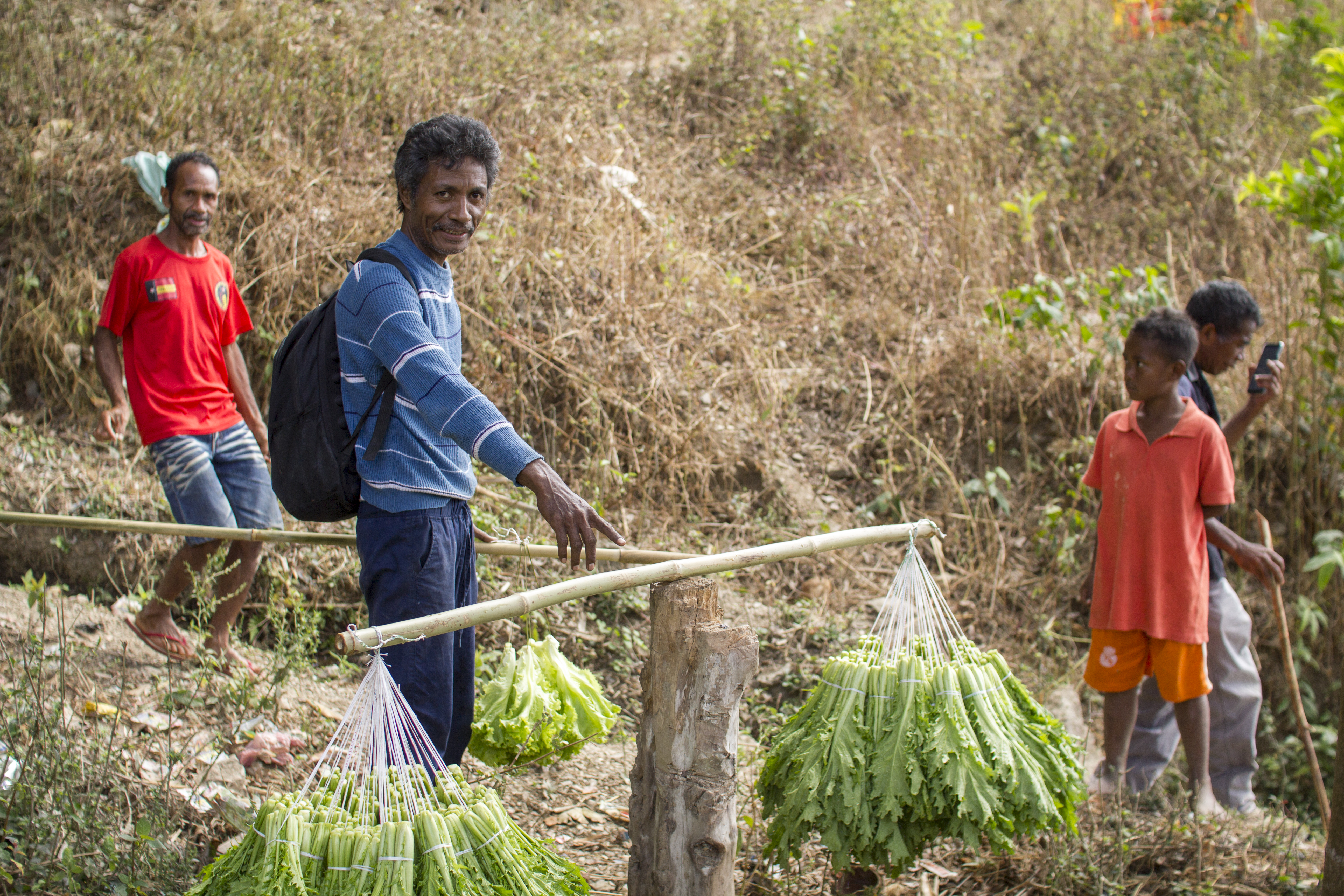
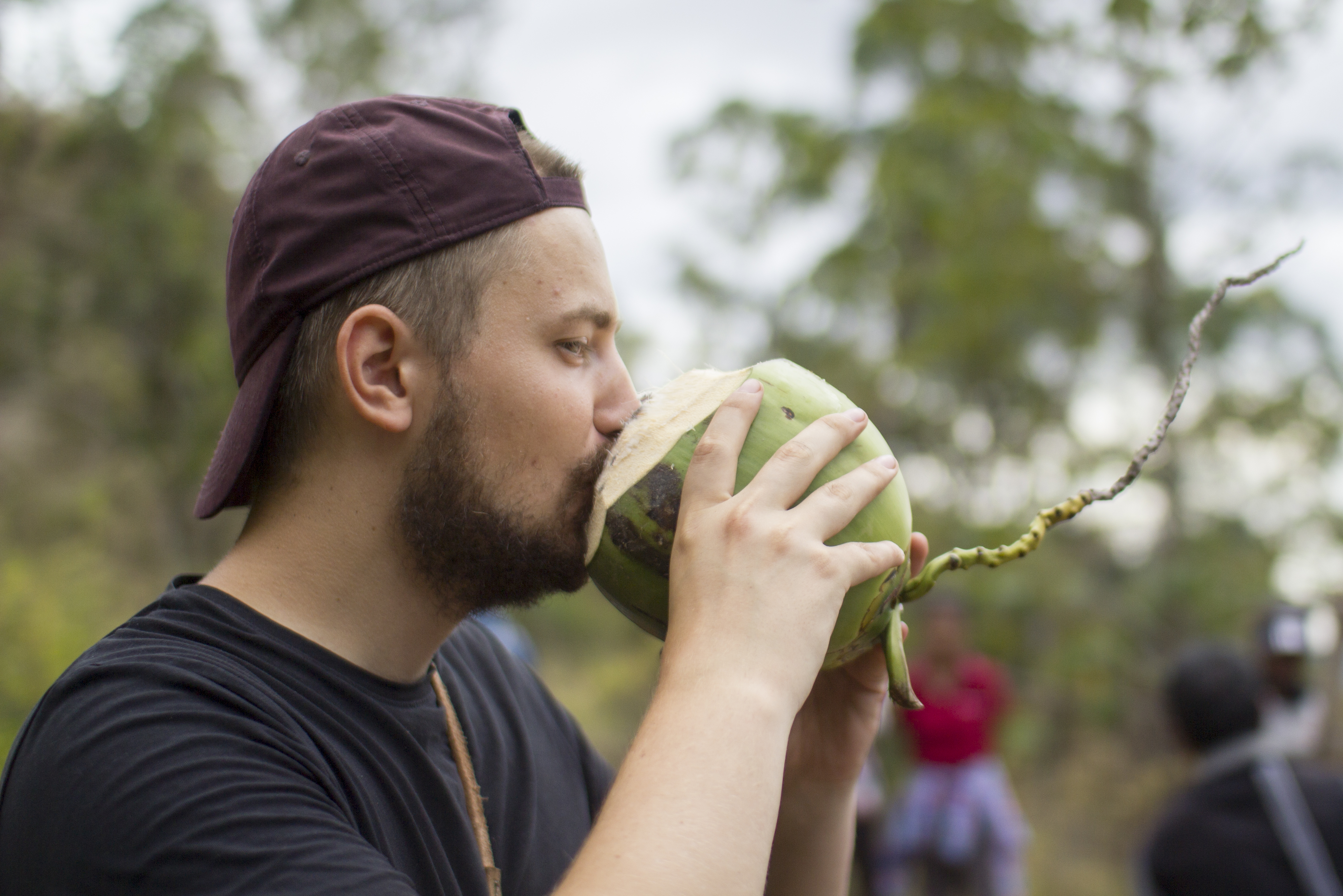
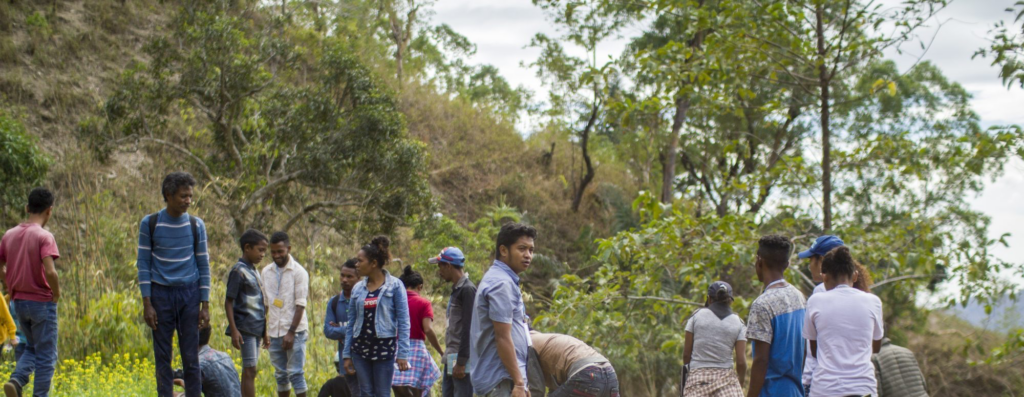
Achievement of objectives
The seminar had three objectives and this section examines to what extent they were reached.
Objectives of the seminar
- Build relationships and reduce prejudice between students and young farmers in Timor-Leste.
- Increase knowledge of the UN Sustainable Development Goals related to the situation in Timor-Leste among young farmers and students.
- Support the start-up of collaborative projects between young farmers and students contributing to sustainable agriculture and better climate adaptation in Timor-Leste.
1. Build relationships and reduce prejudice
It is difficult to measure the effect of this with the quantitative methods Kria dalan used during the seminar, especially as it is more relevant with long-term results. Yet the equal division in the recurring dialogue groups based on the participants’ background and gender, in combination with the social camping facilities in Namalay contributed to the positive outcome of the seminar. The positive feedback from the facilitators regarding the cooperation and knowledge exchange during the dialogue exercises also contributes to this objective.
2. Increase knowledge of the SDGs
Did the seminar contribute to reaching this objective: to a certain extent
One speaker representing UN Development Programme held a talk about the SDGs in general in relation to the situation in Timor-Leste and the feedback was mixed. Volunteers told us that they previously knew little about the SDGs, and found the talk very interesting. In the evaluation forms, participants reported that the talk was too general and had little relevant info relating the SDGs to Timor-Leste and was therefore of little practical use. However, there were several activities focusing specifically on SDG number two: zero hunger and sustainable agriculture. The hike to different communities visiting vegetable farmers was of particular interest and highlights the wish, reported by one volunteer, for a more practical focus during the seminar.
3. Support the start-up of collaborative projects
Did the seminar contribute to reaching this objective: to a moderate extent
There were no initiation of collaborative projects during the seminar and due the very limited time frame of four days, there was little focus on sharing tools and knowledge on how to do this. However, the talk given by two young entrepreneurs in the coffee industry inspired multiple participants to try to start their own businesses. The many different group sessions focusing on dialogue and communication skills, could provide valuable competence when collaborating in teams and doing group projects. The initiation of a permanent volunteer group in Timor-Leste allows for the facilitation of collaborative projects on sustainable agriculture between participants after the seminar.
In addition to the objectives specific for the seminar, Kria dalan has three overarching goals:
- Promote sustainable development in Timor-Leste through dialog between young farmers and students
- Strengthen local volunteerism and leadership among students and young farmers
- Exchange knowledge and culture between students in Norway and Timor-Leste
The seminar is designed to contribute to 1), but there is a need to highlight the valuable experience local volunteers gained through the training and implementation of the seminar, contributing to 2). Furthermore the close cooperation between students from Norway and Timor-Leste, including participation in cultural activities during the seminar is valuable for reaching the last goal.
Financial accountability
The total cost of the seminar is NOK 90 729,- where the travel expenses are the most significant. The Norwegian Student Union was the main sponsor.
They key principles governing the spending of Kria dalan is to, when possible, buy products and services from small, local businesses in Timor-Leste, as well as minimizing climate impact. Printed materials including t-shirts was bought in Timor-Leste. The seminar was conducted in a somewhat remote village and Kria dalan contributed with a sum of USD 500,- to build a shading roof for the location for plenary sessions. Food was prepared by a local women’s cooperative and was much less expensive than other, more commercial, options we had planned in the budget. The close cooperation with local students and groups in the village of Namalay, enabled Kria dalan to organize a seminar with relatively high impact comparing to the low costs.
Expences
| Description | Amount spent | Budget |
| Food for participants | 8 938 kr | 39 900 kr |
| Food for volunteers | 2 214 kr | 6 000 kr |
| Seminar material | 7 373 kr | 6 550 kr |
| Accomodation for volunteers | 12 940 kr | 10 800 kr |
| Travel expenses for volunteers | 50 987 kr | 58 560 kr |
| Improving seminar space | 4 216 kr | 0 kr |
| Phone credit | 599 kr | 0 kr |
| Transport in Timor-Leste | 3 463 kr | 3 100 kr |
| SUM – NOK | 90 729 kr | 124 910 kr |
| SUM – USD | $10 674 | $14 695 |
Income
| Description | Amount |
| Norwegian Student Union | 50 000 kr |
| TrønderEnergiBidraget | 12 542 kr |
| Institute for Psykology NTNU | 13 000 kr |
| Faculty of Social and Educational Sciences | 5 187 kr |
| Nidarvoll Rotary | 10 000 kr |
| SUM – NOK | 90 729 kr |
| SUM – USD | $10 674 |
